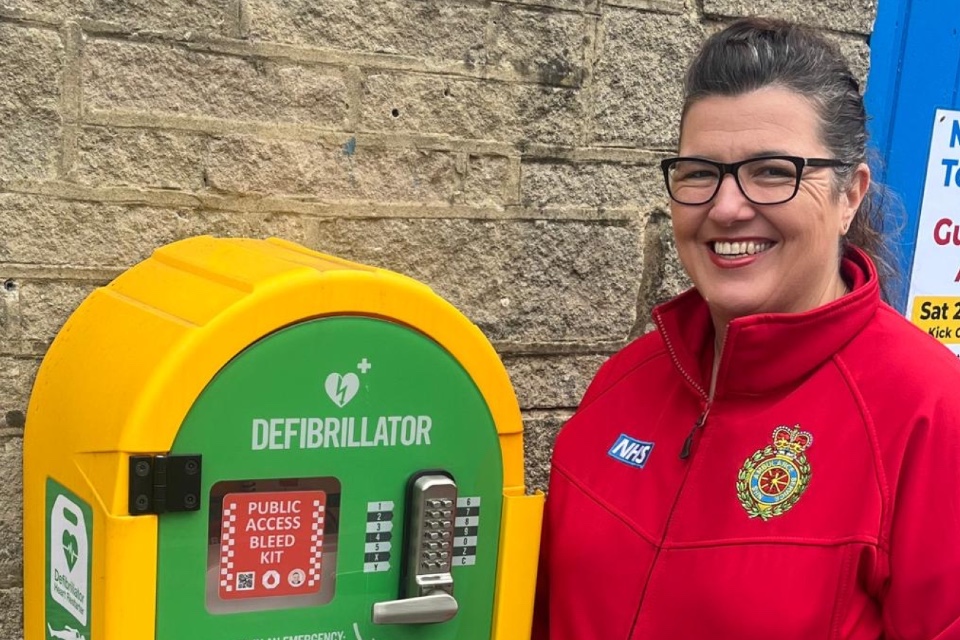In the latest instalment of our FM industry executive interview series we speak to Jamie Tabord, Director of Site Services at Inspired, about why we need to talk more about water management, the opportunities presented by improved metering technologies, and staying ahead of the curve in a fast-moving sector…
Tell us about your company, products and services.
Inspired PLC is the UK’s leading commercial energy and sustainability advisory services provider. With over 700 experts in house, we serve over 3,500 clients and manage over 275,000 meters across the UK.
Inspired offers practical solutions to help our clients control their costs, reduce their energy consumption and carbon emissions and remain compliant in the surrounding regulatory landscape. We call these challenges the “4Cs” and tackle them through our four service divisions: Assurance, Optimisation, ESG and Software.
We work with diverse organisations across private and public sectors – from manufacturers to leading retailers to local authorities.
Inspired has a robust track record of supporting some of the UK’s largest and most complex energy users – we have been ranked the UK’s number one commercial energy advisor since 2018 for a reason.
What don’t we talk about enough in the energy management industry?
Water. Water is often seen to be of lesser value than electricity and gas. However, it’s a finite natural resource and the impacts of water scarcity are already being felt – this summer being a grave example.
Moreover, the percentage savings you can gain from water are higher: this could mean fixing leakages, cutting down wastage or installing water-saving devices such as flow restrictors.
Combine all this with rising wholesale costs – water will only continue to gain prominence in energy management. Rather than seeing water as a pure procurement exercise, taking a comprehensive approach to water management places your organisation ahead of the curve.
Not only can this approach create cost and carbon savings while bolstering your wider reporting, but it demonstrates your organisation’s dedication to sustainability and our shared resources.
What have been the biggest challenges the Energy Management industry has faced over the past 12 months?
Since I’ve started on water, let’s talk about it some more.
One of the biggest challenges this year have been the soaring wholesale prices from 1st April following Ofwat’s latest price review, PR24. This has meant everyone’s water cost have risen considerably – with some areas and tariffs more impacted than others.
Another challenge has been the negative press on the water industry: spillages, aging infrastructure, service failures. However, this national attention on water also marks an opportunity for consequential change that carries a ripple effect on everyone.
And what have been the biggest opportunities?
Metering technologies have improved significantly – making consumption, usage, volume and wastage easier to track. This allows organisations to make informed decisions about their utilities, pinpoint the impact of their efficiency actions and demonstrate them to stakeholders.
What is the biggest priority for the Energy Management industry in 2026?
Forecasting and budgeting based on price rises: It’s never too early to begin allocating for foreseeable costs.
What are the main trends you are expecting to see in the market in 2026?
More procurement options, as well as a heightened focus on water because of the rising prices. Reporting of water usage and Scope 3 emissions associated with water will also continue to become more commonplace. Unfortunately, water scarcity will also continue.
What technology is going to have the biggest impact on the market next year?
Water smart meter installations. Although wholesalers install them, all companies have different plans for carrying the installations out. Over the next 15-20 years some areas will be gaining more ground in installations over others – continuing the pattern of regional disparity when it comes to water.
Which person in, or associated with, the Energy Management industry would you most like to meet?
Ed Miliband – it would be fascinating to discuss the industry with the Secretary of State for Energy Security and Net Zero himself.
What’s the most surprising thing you’ve learnt about the Energy Management sector?
Charging structures are still regionalised in water, which creates disparities. For example, water costs are higher in the south than in the north. Over in Scotland, you get charged by rateable value of your property, while in some areas the cost is directly linked to the size of your estate. Resultingly, a property at the centre of Edinburgh gets charged more for their water than a farm in rural Scotland.
You go to the bar at the Energy Management Summit – what’s your tipple of choice?
A glass of water – it’s got to be, hasn’t it?
What’s the most exciting thing about your job?
The constant variety! This is a dynamic industry where every day brings something new – technological solutions and the surrounding regulatory landscape evolve continuously. You never get bored!
And what’s the most challenging?
The other side of the coin: Staying ahead of the curve as the industry changes so rapidly.
What’s the best piece of advice you’ve ever been given?
“If you stand still, you go backwards.” You must always look at the future – otherwise you get left behind.







